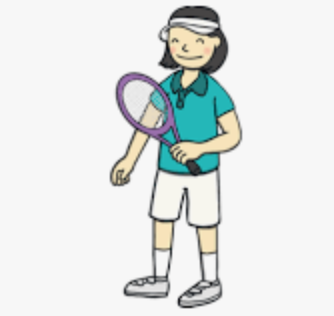Week Beginning 14th December 2020
[dropshadowbox align=”none” effect=”lifted-both” width=”auto” height=”” background_color=”#edbaba” border_width=”1″ border_color=”#ba27d8″ ]Homework is set on Google Classroom[/dropshadowbox]
Howard-parents-guide-to-Google-Classroom-
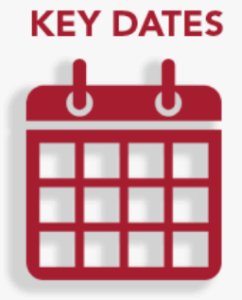
Tuesday 15th December 2020 – Christmas Lunch
Friday 18th December 2020 – Mufti Day – Children wear their own clothes to school
Monday 21st December – Christmas Holidays
Enjoy the Christmas break!…
Our learning this week…
[dropshadowbox align=”none” effect=”lifted-both” width=”auto” height=”” background_color=”#dbf6f4″ border_width=”10″ border_color=”#f13013″ ]
English
At Howard Primary School we have adopted The Power of Reading scheme for literacy. Our literacy work is based around a core text. The text we are working on is called Rapunzel by Bethan Woollvin.
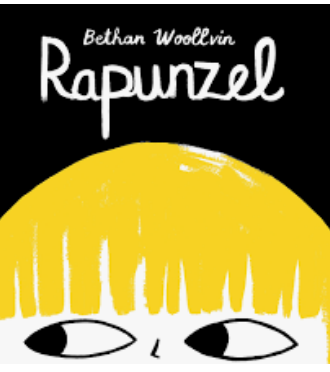
Other books by Bethan Woollvin include:
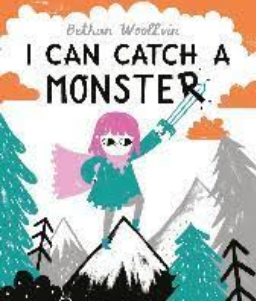
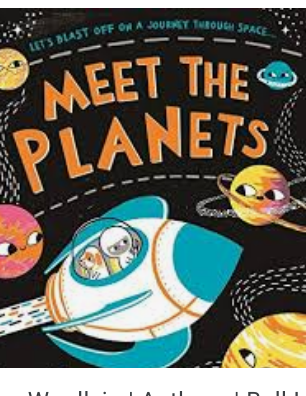
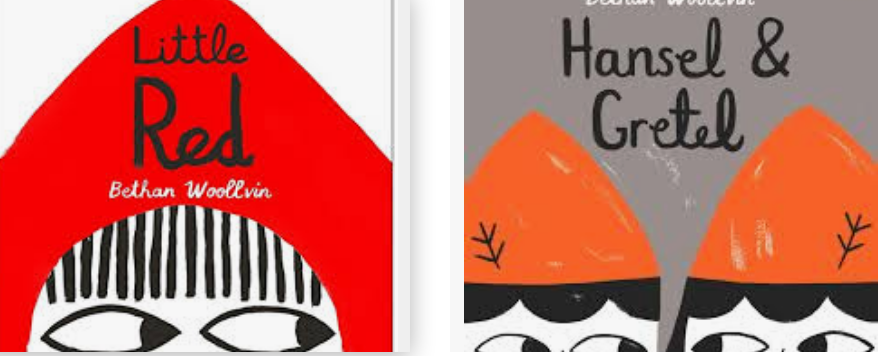
This week we will:
- Plan their own version of a fairy tale with an alternative ending
- Write their own version of a fairy tale with an alternative ending
Children should include features of Year 2 writing.
- write simple coherent narratives about personal experiences and those of others (real of fiction)
- write about real events, recording these simply and clearly
- demarcate most sentences in their writing with capital letters and full stops, and use question marks correctly when required
- use present and past tense correctly and consistently
- use co-ordination (e.g. or/ and/ but ) and some subordination (e.g. when/if/that/because) to join clauses
- segment spoken words into phonemes and represent these by graphemes, spelling many of the words correctly and making phonically-plausible attempts at others
- spell many common exception words
- form capital letters and digits of the correct size, orientation and relationship to one another and to lower-case letters
- use spacing between words that reflects the size of the letters
Children will work on showing the change in their character.
[/dropshadowbox]
[dropshadowbox align=”none” effect=”lifted-both” width=”auto” height=”” background_color=”#dbf6f4″ border_width=”10″ border_color=”#863878″ ]
Mock Reading Paper
Reading – two papers
The Key Stage 1 reading test comprises two papers which cover fiction, non-fiction and poetry texts:
- Paper 1 – This consists of a selection of texts totalling between 400 – 700 words, with questions interspersed
- Paper 2 – This includes a reading booklet of a selection of passages totalling 800 – 1100 words. Children are required to write their answers in a separate booklet.
Each paper is worth 50% of the marks and takes approximately 30 minutes.
What kinds of questions are there?
There will be a mixture of question types. In some, your child will need to choose an answer (selected responses). For others, they will need to write their own answer (short and extended responses).
Examples of selected response questions include:
Multiple choice: What is Lucy looking for in the story? Tick one of the boxes below.
Ranking/ordering: Number the events below to show the order in which they happen in the story.
Matching: Match the character to what they do in the story.
Labelling: Label the text to show the title.
Examples of short response questions include:
Find and copy: Find and copy one word that shows how Lucy is feeling.
Short response: What does Lucy eat?
Examples of extended response questions include:
Open-ended response: Why did Lucy write the letter to her grandmother? Give two reasons.
[/dropshadowbox]
[dropshadowbox align=”none” effect=”lifted-both” width=”auto” height=”” background_color=”#dbf6f4″ border_width=”10″ border_color=”#608638″ ]
Geography
Children will find out more information about the different continents using an atlas. Children will develop their atlas skills.Like other non-fiction books, atlases have a table of contents in the front of the book and an index at the end of the book. The index, which is in alphabetical order, helps you find the page for specific information.The most important part of an atlas is the map key. The map key, which is also called the map legend, is a little box on each map that explains different symbols or colors so you can understand the map.
[/dropshadowbox]
[dropshadowbox align=”none” effect=”lifted-both” width=”auto” height=”” background_color=”#dbf6f4″ border_width=”10″ border_color=”#ef1dcd” ]
PE
Our focus this term will be tennis and dance/exercise.
[/dropshadowbox]
[dropshadowbox align=”none” effect=”lifted-both” width=”auto” height=”” background_color=”#dbf6f4″ border_width=”10″ border_color=”#3f9c33″ ]
PSHE
This term in PHSE we are focusing on celebrating differences. We will continue to focus on bullying.

[/dropshadowbox]
[dropshadowbox align=”none” effect=”lifted-both” width=”auto” height=”” background_color=”#dbf6f4″ border_width=”10″ border_color=”#e21320″ ]
RE
Our focus this term is Judaism
https://www.bbc.co.uk/bitesize/topics/zqbw2hv/resources/1
[/dropshadowbox]
[dropshadowbox align=”none” effect=”lifted-both” width=”auto” height=”” background_color=”#dbf6f4″ border_width=”10″ border_color=”#f13013″ ]
Reading
When reading with your child at home ask them questions related to their book.
Questions to ask before you read
- Can you look at the pictures and predict what you think will happen in this book?
- What makes you think that?
- What characters do you think might be in our story?
- Do you think there will be a problem in this story? Why or why not?
- Does the topic/story relate to you or your family? How?
Questions to ask during the reading
- What do you think will happen next?
- What can you tell me about the story so far?
- Can you predict how the story will end?
- Why do you think the character did _______?
- What would you have done if you were the character?
- How would you have felt if you were the character? (use different characters)
- As I read____________, it made me picture________ in my head. What pictures do you see in your head?
- As you read, what are you wondering about?
- Can you put what you’ve just read in your own words?
Questions to ask after reading
- Can you remember the title?
- In your opinion, was it a good title for this book? Why or why not?
- Were your predictions about the story correct?
- If there was a problem, did it get solved?
- What happened because of the problem?
- Why do you think the author wrote this book?
- What is the most important point the author is trying to make in his writing?
- What was your favourite part of the story?
- If you could change one thing in the story, what would it be?
- Can you retell the story in order?
- If you were __________, how would you have felt?
- What is the most interesting situation in the story?
- Is there a character in the story like you? How are you alike?
Why did you like this book?
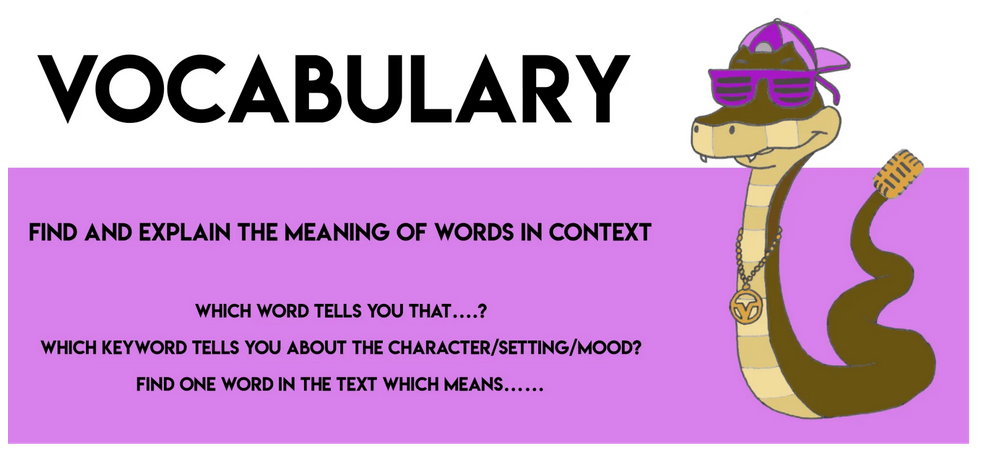
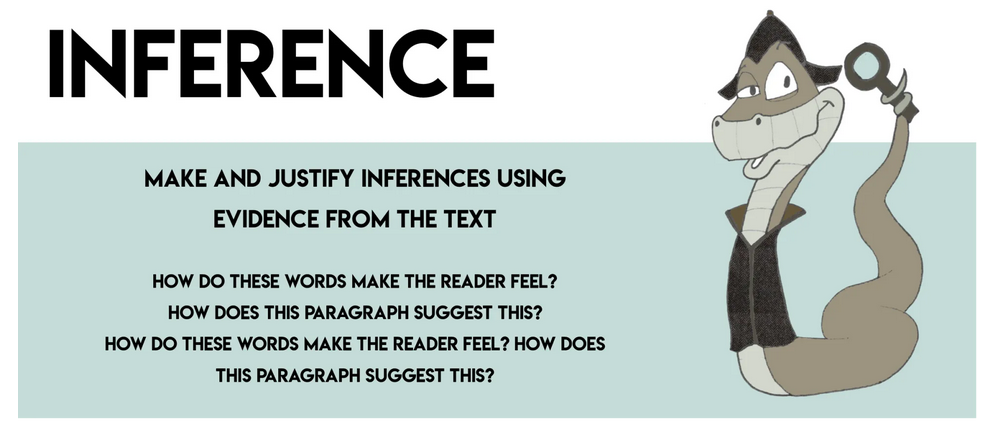
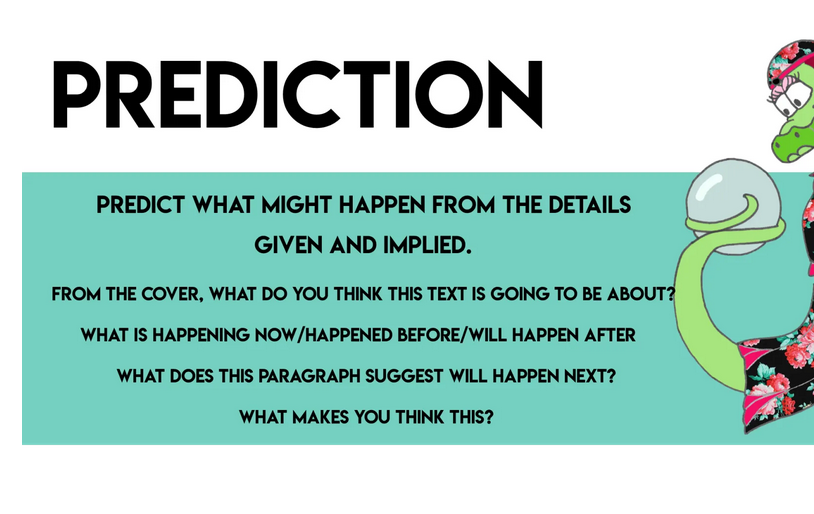
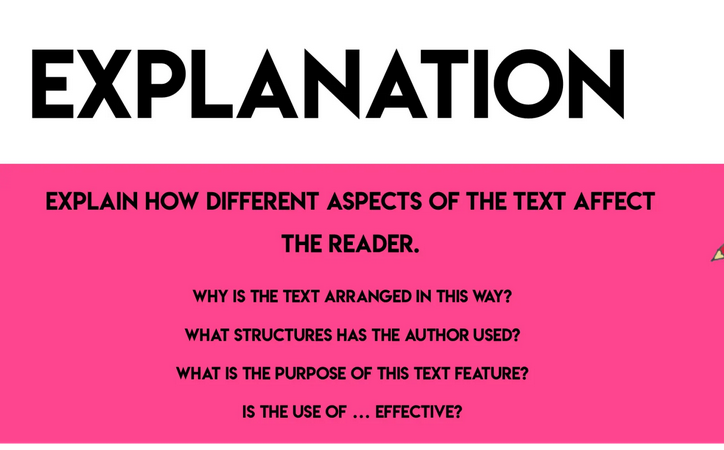
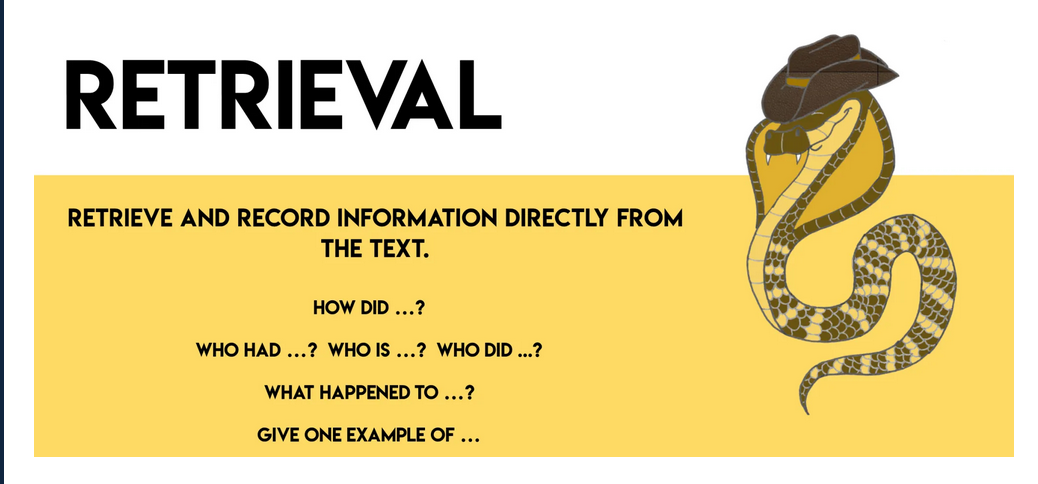
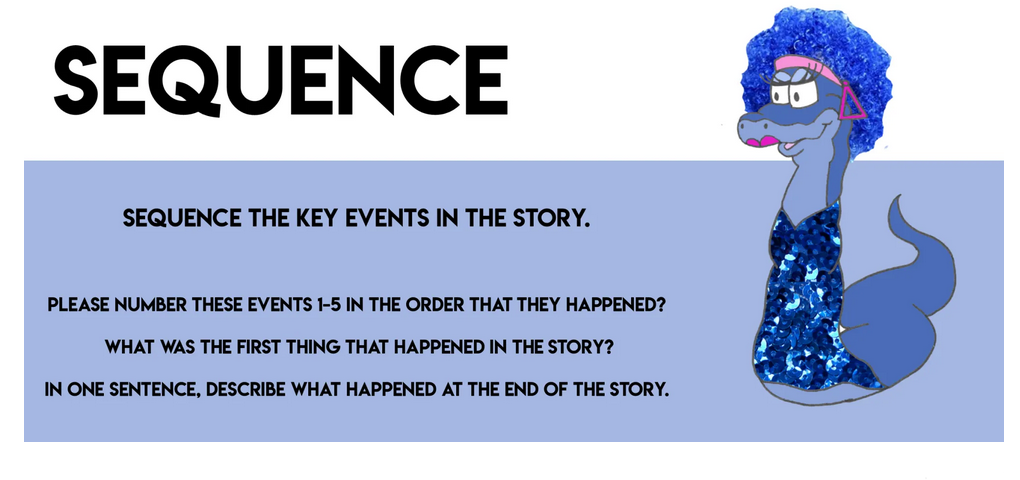
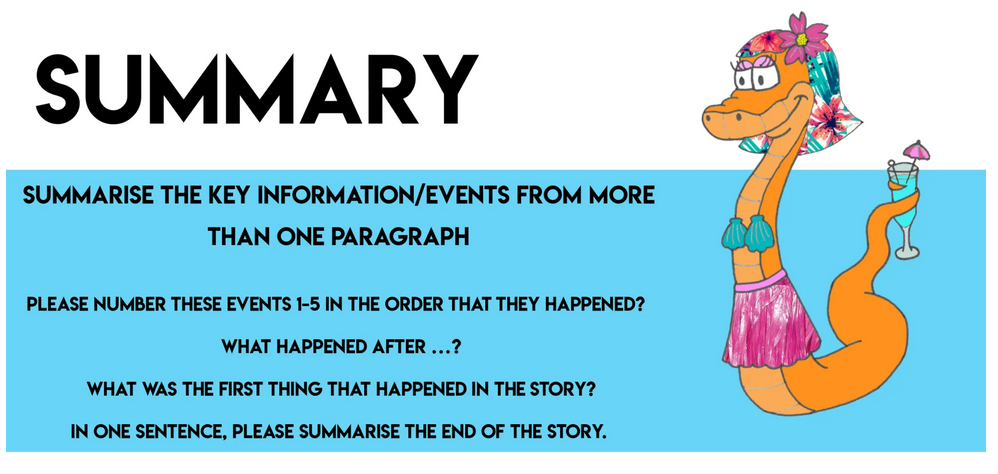
[/dropshadowbox]
[dropshadowbox align=”none” effect=”lifted-both” width=”auto” height=”” background_color=”#dbf6f4″ border_width=”10″ border_color=”#863878″ ]
Mathletics
A big well done to all the children completing their Mathletics. We are so proud.
Gold

Silver

Ishmael and Rayyan (Hungerford)
( Westminster)
Bronze
Ishmael, Rayyan, Oliver, Yigit Emre, Alesha, Aayush, Tymon, Freddie (Hungerford)
(Westminster)
[/dropshadowbox]

